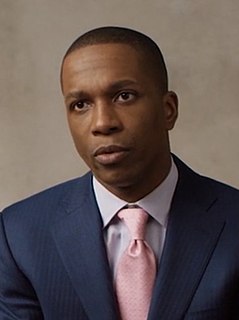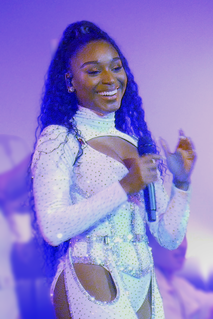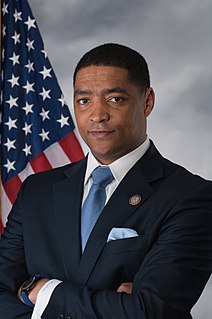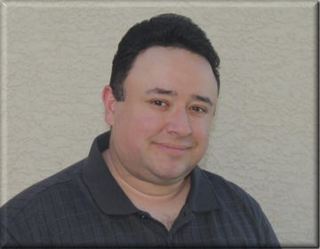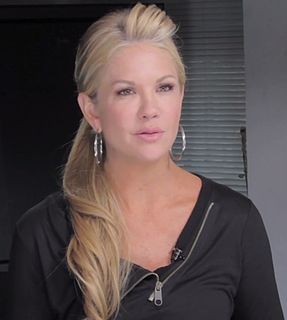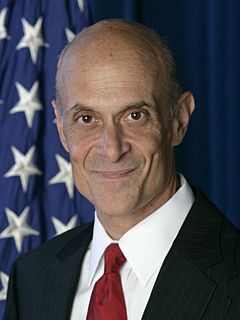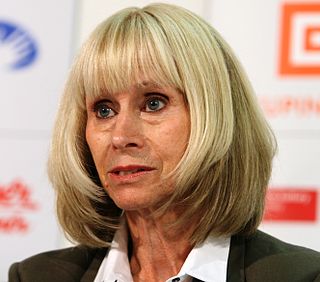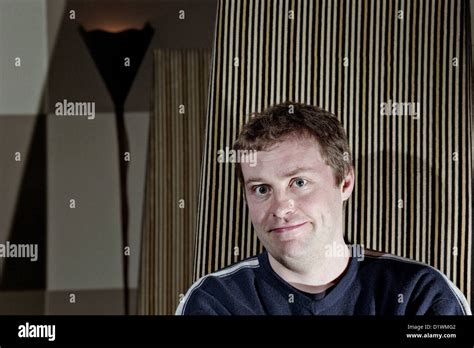A Quote by Leslie Odom, Jr.
There was a lot of the 'Hamilton' experience that was like a locomotive. It was a hurricane, so the apartment often looked like a hurricane. There were clothes and shoes all over. We were getting more things in than we had room for. We had to figure out how to make space for all the blessings and goodness coming toward us.
Related Quotes
And last, my mom. I don’t think you know what you did. You had my brother when you were 18 years old. Three years later, I came out. The odds were stacked against us. Single parent with two boys by the time you were 21 years old. Everybody told us we weren’t supposed to be here. We went from apartment to apartment by ourselves. One of the best memories I had was when we moved into our first apartment, no bed, no furniture and we just sat in the living room and just hugged each other. We thought we made it.
I do a lot of work with the Red Cross, too. As a reporter, before I went to entertainment news, I tended to follow natural disasters. I went to Charleston, South Carolina, after Hurricane Hugo. I went to Miami the year after they were recovering from Hurricane Andrew. I came to California when they were recovering from a big earthquake. I've seen the Red Cross and how they stay there years after a natural disaster. They're not just there when a disaster is happening.
As soon as I moved to New York, I experienced Hurricane Irene and then Hurricane Sandy hit me in quite a big way. I had 12 days without any electricity or any water. The thing that I realized the most from it was that we've become so dependent on technology. There's so much accessibility to information that suddenly when everything is cut off, you're completely lost, and you start asking deeper and more profound questions - how short life is, and how grateful we should be for things.
There were doors that looked like large keyholes, others that resembled the entrances to caves, there were golden doors, some were padded and some were studded with nails, some were paper-thin and others as thick as the doors of treasure houses; there was one that looked like a giant's mouth and another that had to be opened like a drawbridge, one that suggested a big ear and one that was made of gingerbread, one that was shaped like an oven door, and one that had to be unbuttoned.
The Detective was different. Not that he wasn't a good man; Willie had heard enough about him to understand that he was the kind who didn't like to turn away from another's pain, the kind who couldn't put a pillow over his ears to drown out the cries of strangers. Those scars he had were badges of courage, and Willie knew that there were others hidden beneath his clothes, and still more deep inside, right beneath the skin and down to the soul. No, it was just that whatever goodness was there coexisted with rage and grief and loss.
It daunted me that you were so beautiful, that you were so at ease in social situations, as if every room was heliotropic, with you at the center. And I guess it daunted you that I had so many more friends than you, that I could put my words together like this, on paper, and could sometimes conjure a certain sense out of things. The key is to never recognize these imbalances. To not let the dauntingness daunt us.
